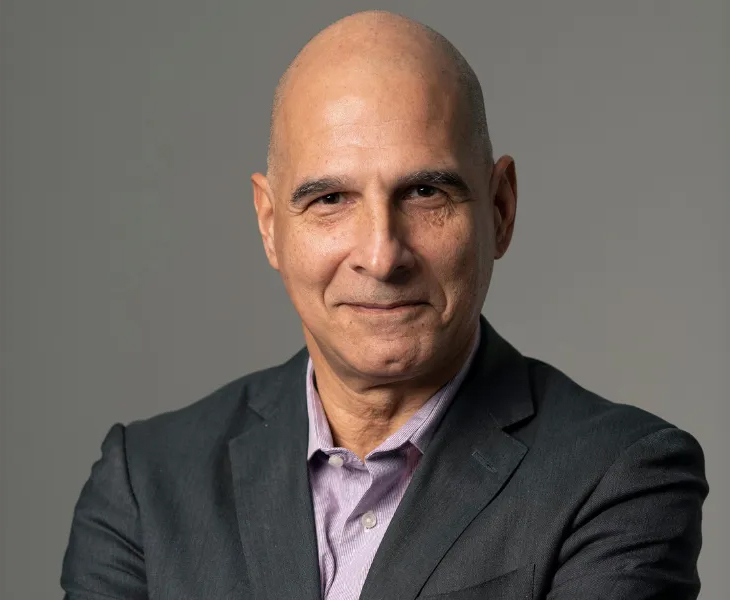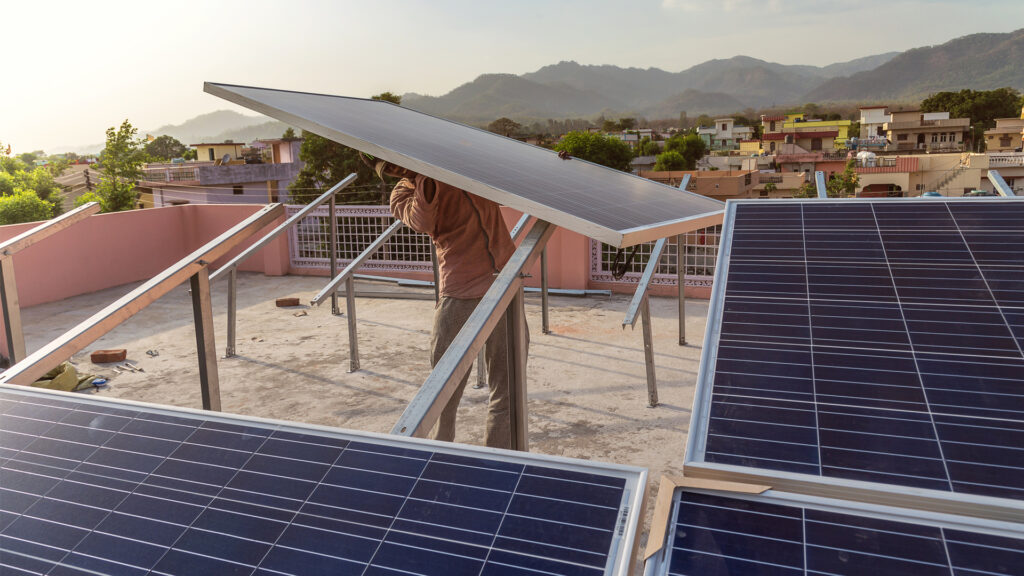By Carlos Roa, VoLo Foundation
It is becoming increasingly clear to audiences around the world that climate responsibility and economic development, far from being in conflict, are compatible and should go hand in hand. However, we decided to delve deeper into the subject in a conversation with Luis Tineo, manager of global climate programs and funds at the World Bank, with more than 20 years of experience in this institution.
Luis has designed strategies and financing instruments, as well as managed investment projects on mitigation, adaptation and resilience to climate change in more than 30 countries.
Can we have development and climate responsibility at the same time?

That was a dilemma 15 years ago. Today, it is no longer. If we don’t solve the climate crisis, the development of any country, the economic growth and the well-being of any society are at tremendous risk. You should work on solving the climate crisis because it is the biggest threat to sustainable development and poverty reduction. In the long run, measures and transitions to more sustainable forms of development end up being much more cost-effective than the current ones.
So we could say that climate responsibility and development are complementary. How can we advance on both fronts simultaneously?
Green economies are already generating jobs, investments, mobilizing resources and technology. The last 30 years have been crucial in technological progress. Although initially costly, these advances end up being affordable and beneficial in the long run. For example, electric vehicles, which are now more common and reasonably priced in robust markets, will eventually become more affordable in developing countries as well.
How can this progress also benefit emerging economies? Is it possible for these economies to move more towards clean energy?
Yes, it is possible, but it requires country-specific transitions. It is not the same to demand an energy transition on the African continent as in the countries of Southeast Asia or South America. Technological advances must reach a degree of efficiency and accessible cost so that developing countries can adopt them. This is a process that has always occurred, and emerging economies will eventually benefit from these technologies.
The climate problem is global, but the solutions are local. How do you coordinate local solutions from a global vision?
It is a complex challenge. Each region faces different problems, such as hurricanes, droughts or heat waves. Coordination between the public sector, the private sector, and local communities is essential. At the World Bank, we work with all levels of government and various organizations to facilitate this coordination and promote solutions adapted to each context.
What can be done to manage the complexity of the political implications of implementing local climate solutions?

It is crucial to train politicians and policymakers to understand complex climate issues and to communicate the benefits and risks to their communities. The World Bank supports this process by providing expertise and training. We are also working to attract investment in green energy through incentives and subsidies, which is politically challenging, but necessary.
There is a need for work on education and information dissemination. How does the World Bank address this need?
The World Bank is the multilateral organization with the most capacity to finance climate solutions. To assemble green projects, we need a lot of effort in training and communication. We work with all stakeholders, from national governments to schools, to convey complex knowledge in an accessible way. This includes giving interviews like this one, where we discuss technical and scientific problems in terms that allow us to reach people.
Where can we find out more about what the World Bank does in the area of climate action?
We have an active presence on social media, and on our website. The World Bank acts as a catalyst, bringing together best practices from around the world and facilitating dialogue between different countries and regions. Through our platforms, we promote the exchange of successful and technological solutions between countries with similar climate challenges.
Carlos Roa is senior press and PR director for VoLo Foundation. This piece was originally published at https://volofoundation.org/news/if-we-dont-solve-the-climate-crisis-development-is-at-tremendous-risk/.
Sign up for The Invading Sea newsletter by visiting here. If you are interested in submitting an opinion piece to The Invading Sea, email Editor Nathan Crabbe at ncrabbe@fau.edu.



